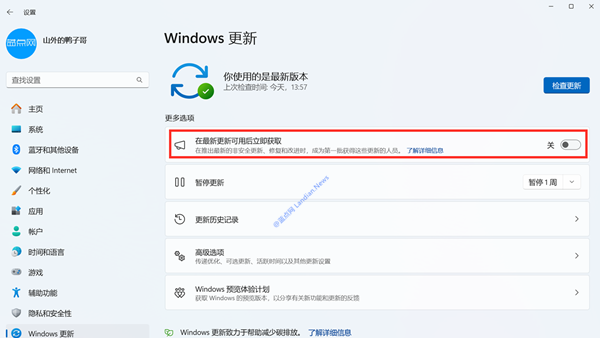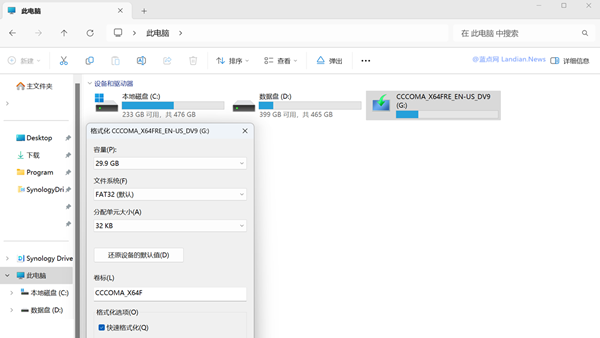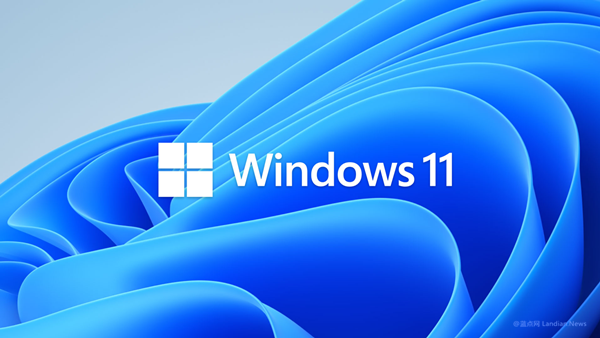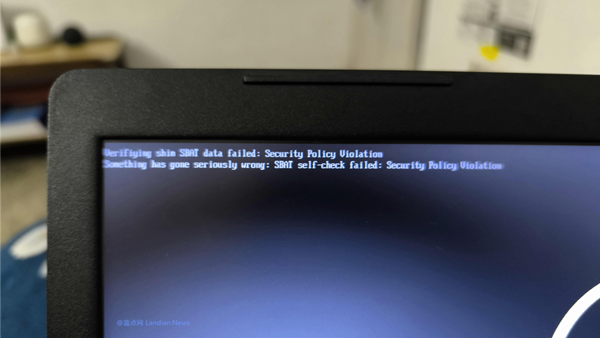Unbelievable Turn of Events: Some Businesses' Windows Server 2022 Automatically Upgraded to 2025
Previously, we discussed Microsoft's release of the official version of Windows Server 2025, an operating system that notably supports seamless upgrades from older versions like Windows Server 2022. However, it's important to note that while upgrading is technically lossless, a new license must still be purchased.
Under normal circumstances, businesses might plan their server deployments carefully before choosing to upgrade to Windows Server 2025, taking into consideration the downtime and service interruptions that could occur during the upgrade process.
But unexpectedly, some businesses have found their stable Windows Server 2022 systems automatically upgraded to Windows Server 2025—without any warning. Yes, you heard that right: servers are being upgraded automatically without notification!
The Likely Cause: Misclassified Update Types
Some IT administrators have traced the issue back to a possible system error in categorizing the KB5044284 update. Depending on the system version, it was mistakenly treated as a security update by some and correctly as a feature update by others.
Feature updates typically do not execute installation and deployment automatically, whereas security updates do, leading to Windows Server 2022 systems being automatically upgraded to Windows Server 2025 through the installation of this update.
The silver lining is that Windows Server 2025 doesn't seem to have any major issues so far, meaning most systems should continue to operate without impacting business as usual.
Note: KB5044284 is a cumulative update released by Microsoft in October for Windows 11 24H2 and Windows Server 2025.
However, there are a few known issues with this version:
- Non-English versions display English text during installation, which, apart from the language display, does not pose any real issues.
- Boot errors in iSCSI environments, potentially affecting a minority of businesses using iSCSI disk mounts.
- Compatibility issues with CPUs having more than 256 threads, which could lead to CPU load spikes, resulting in lags or even blue screen crashes.










